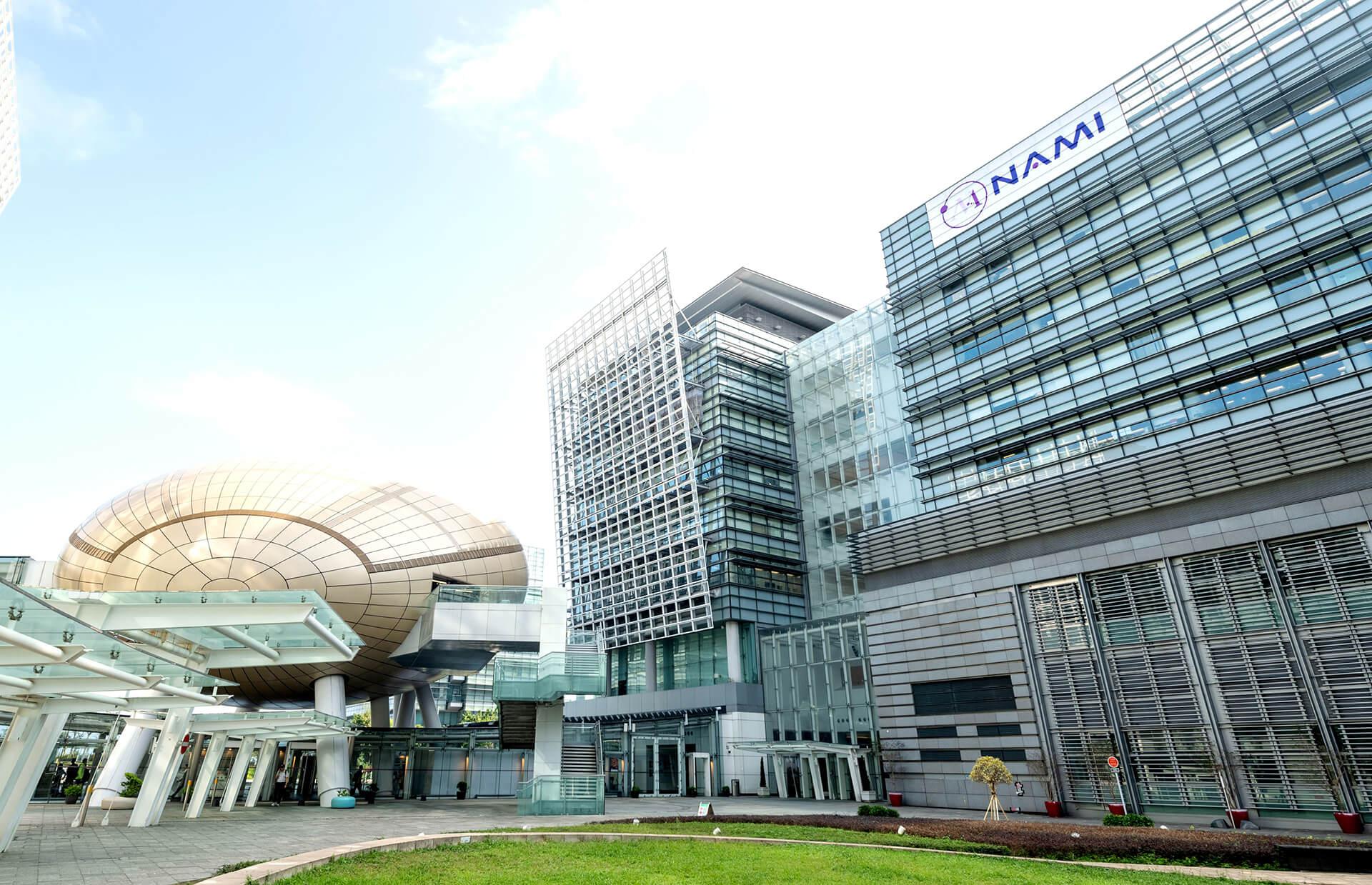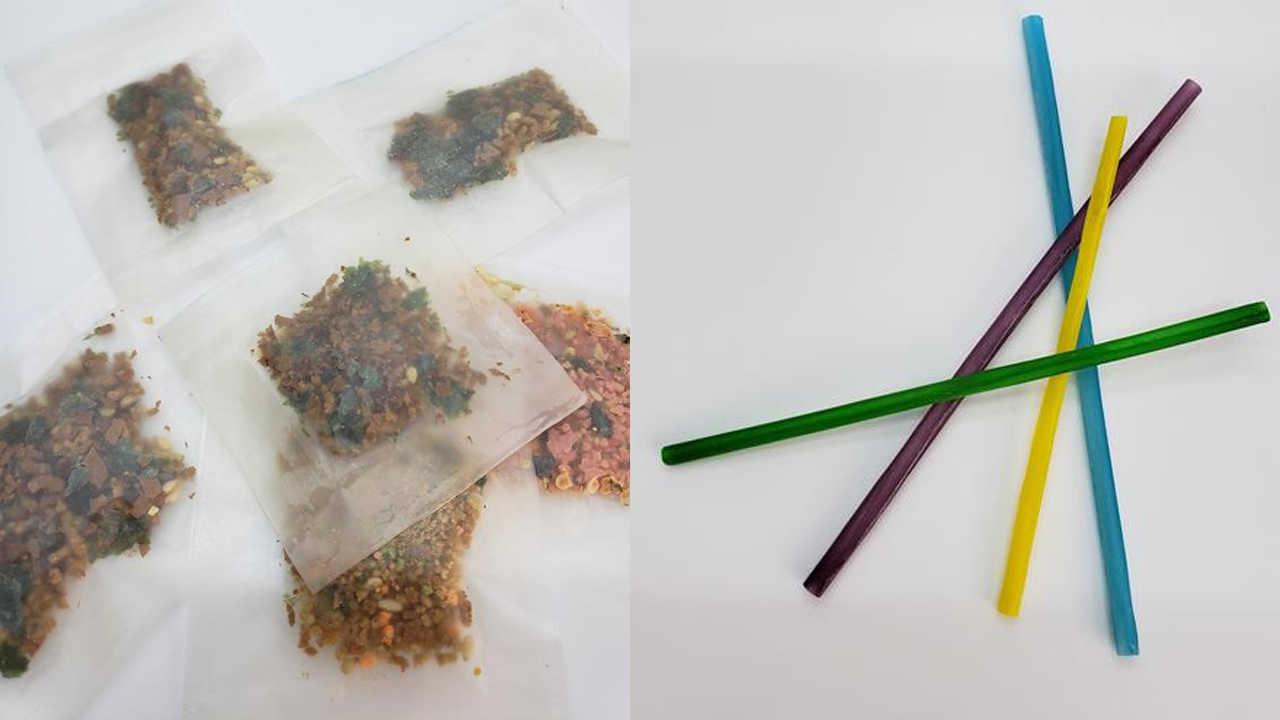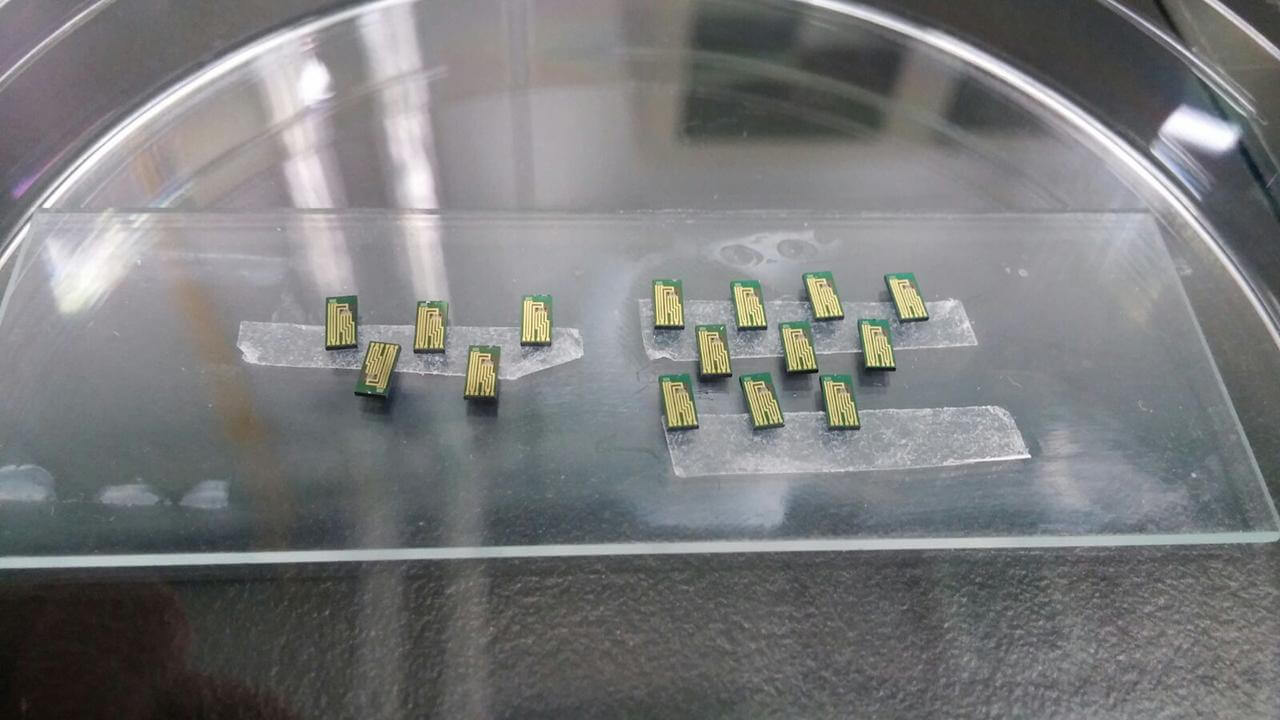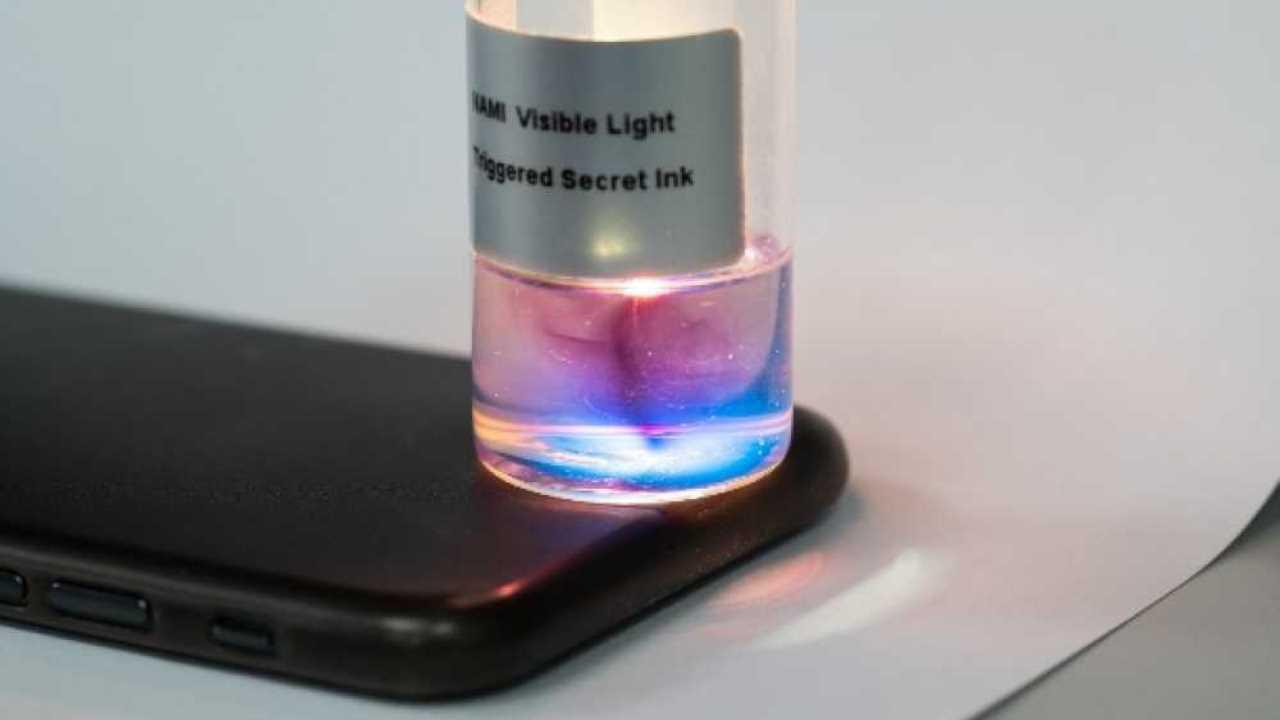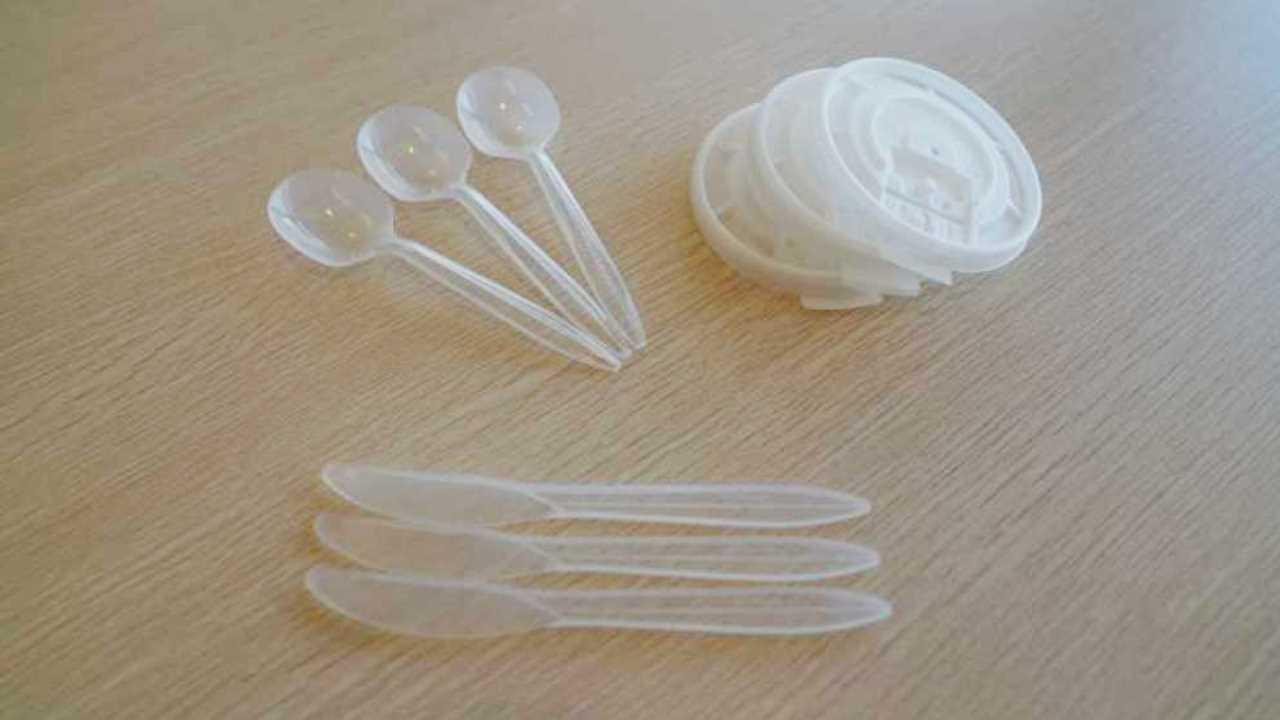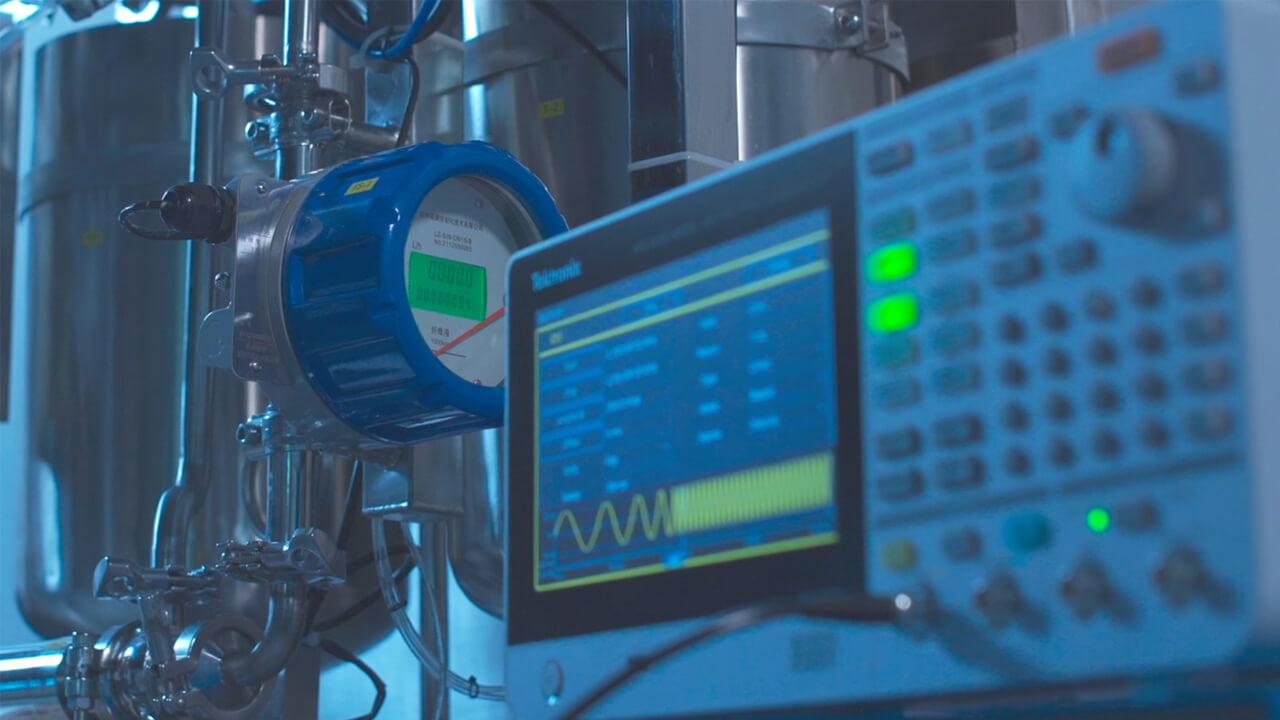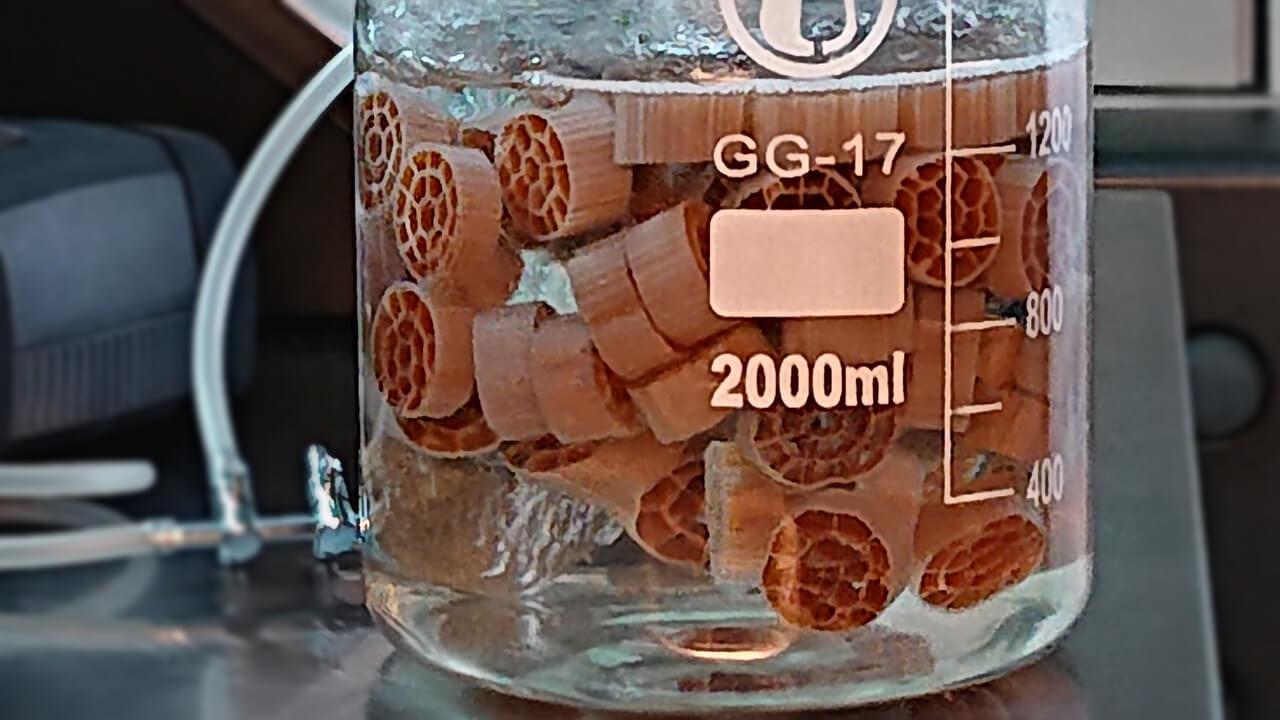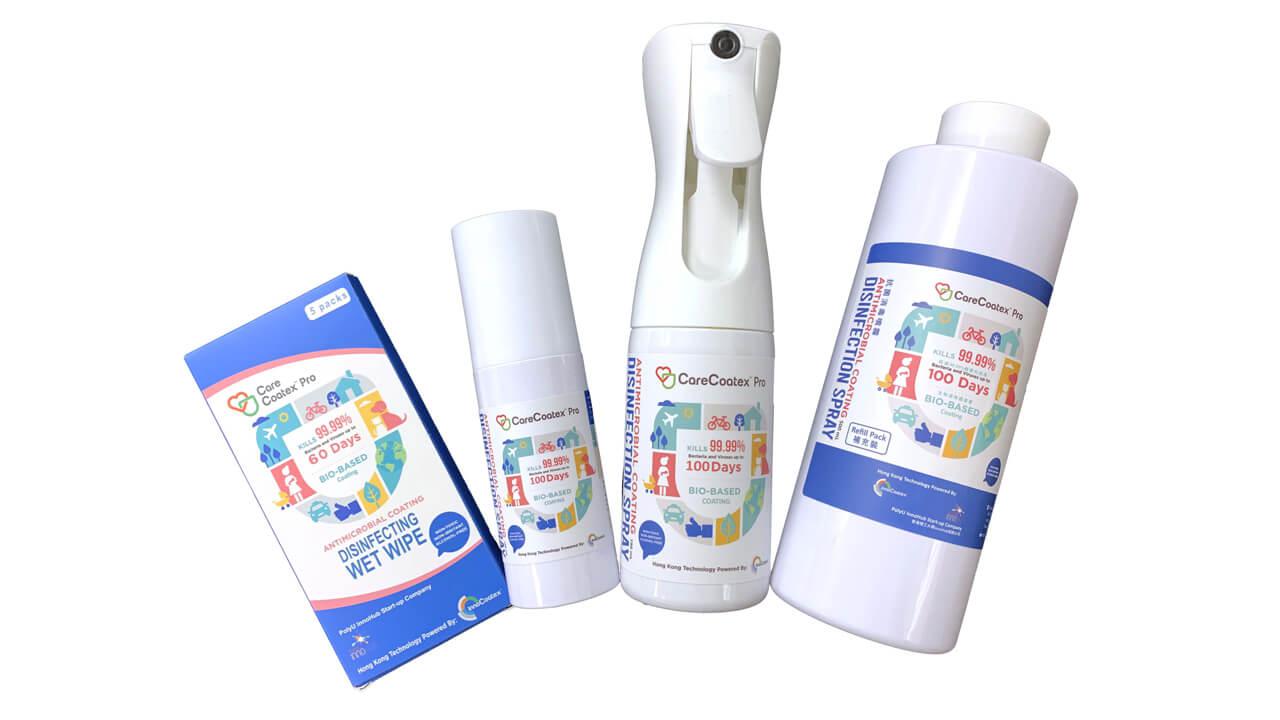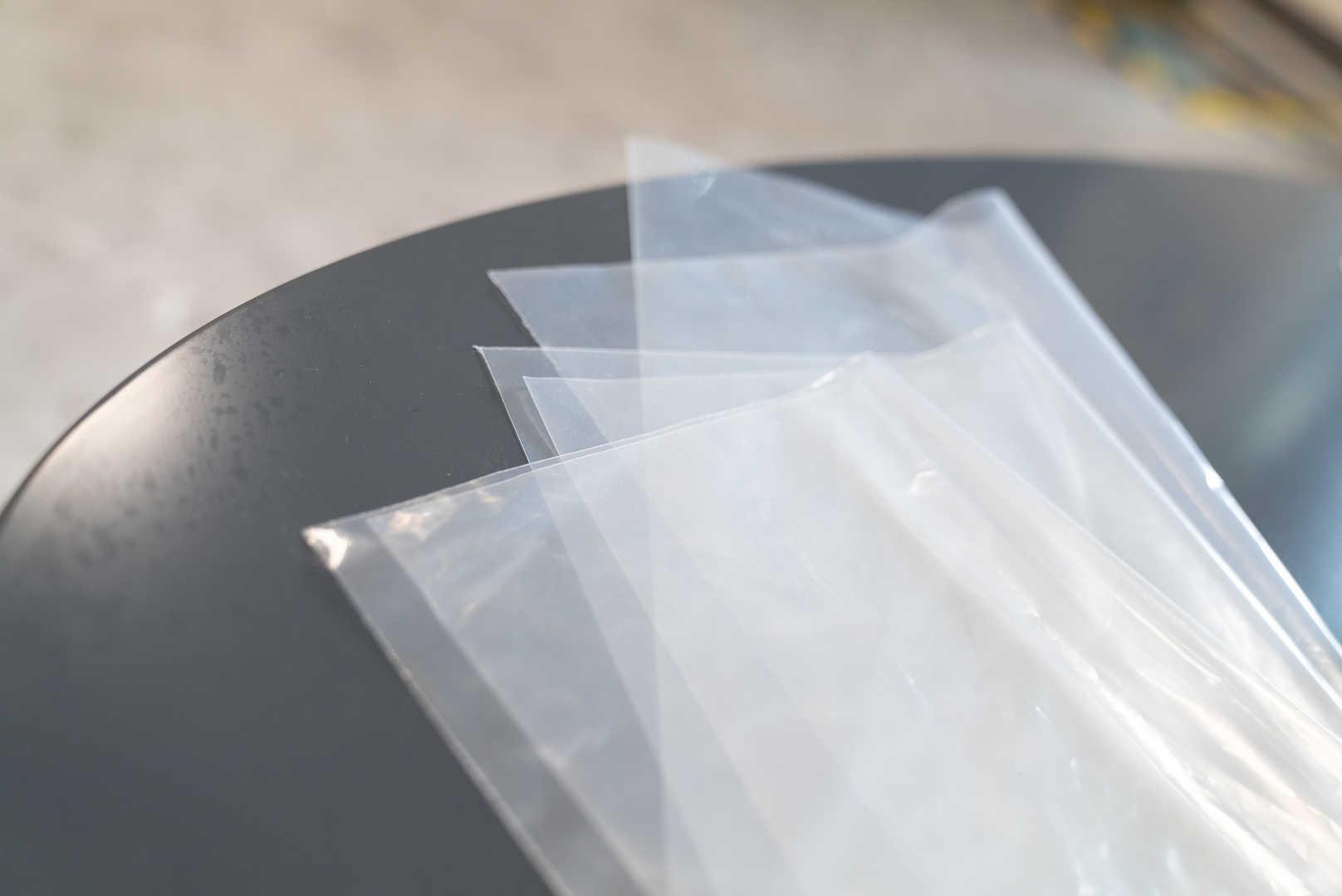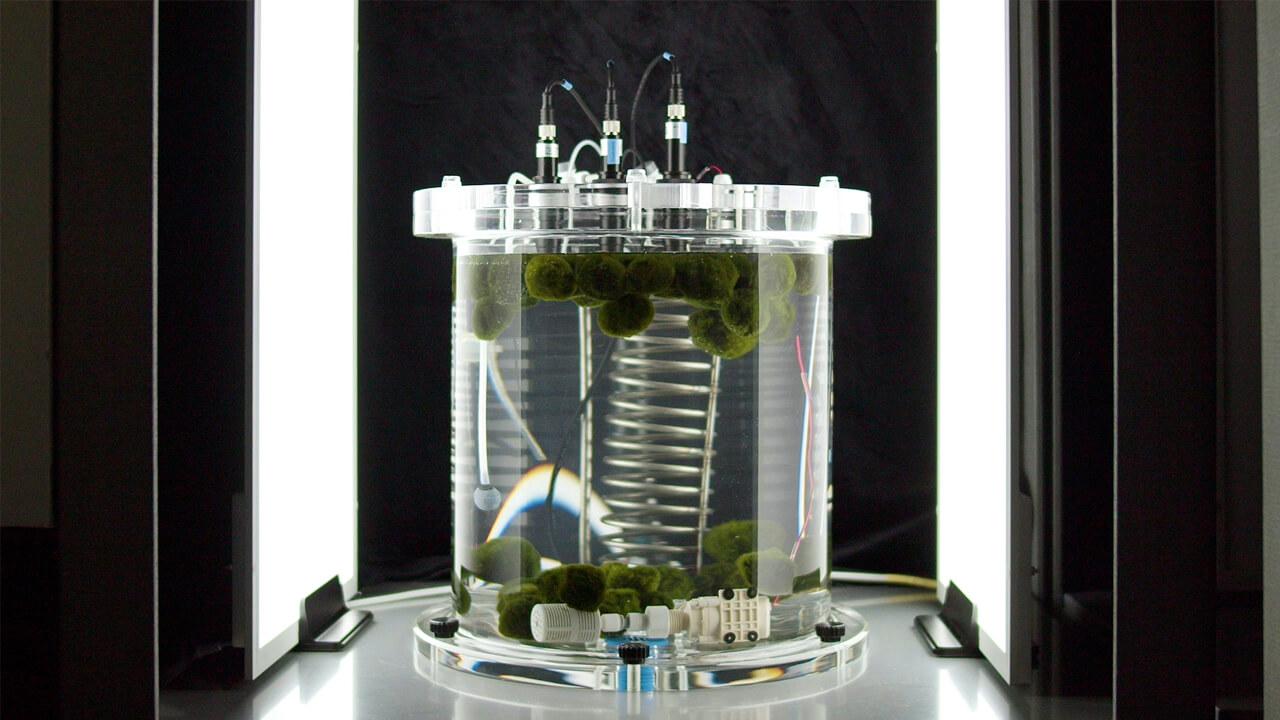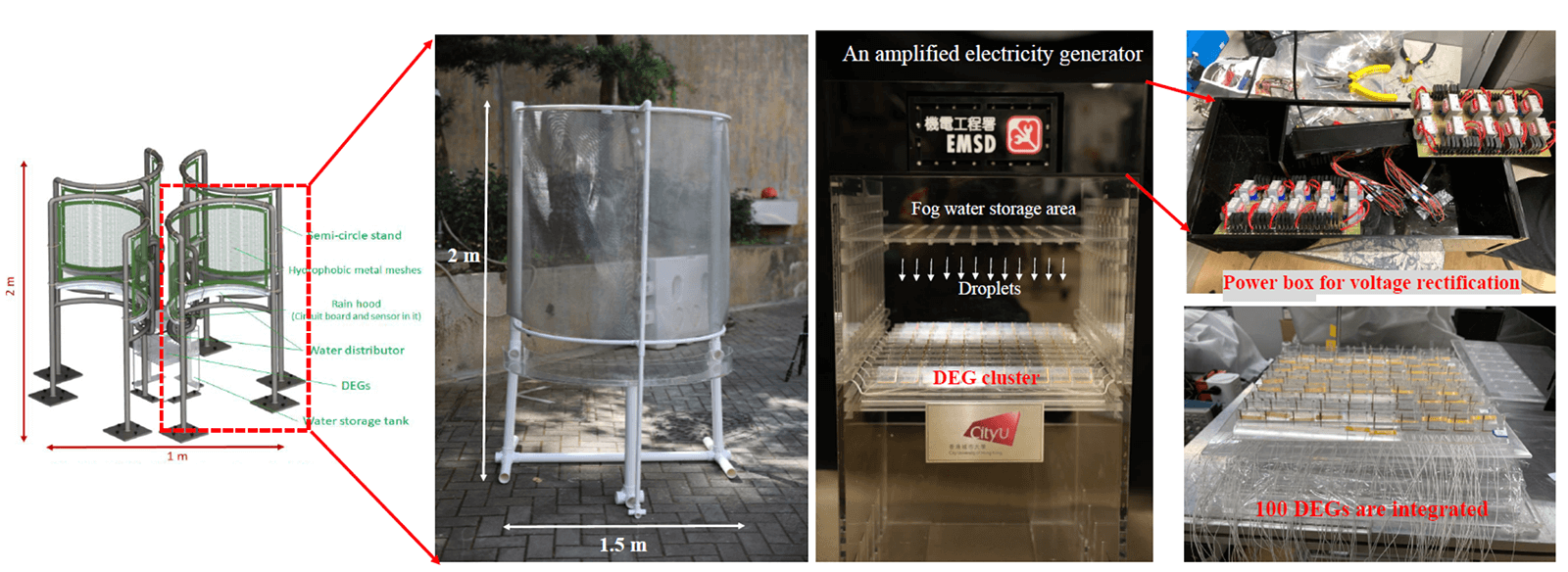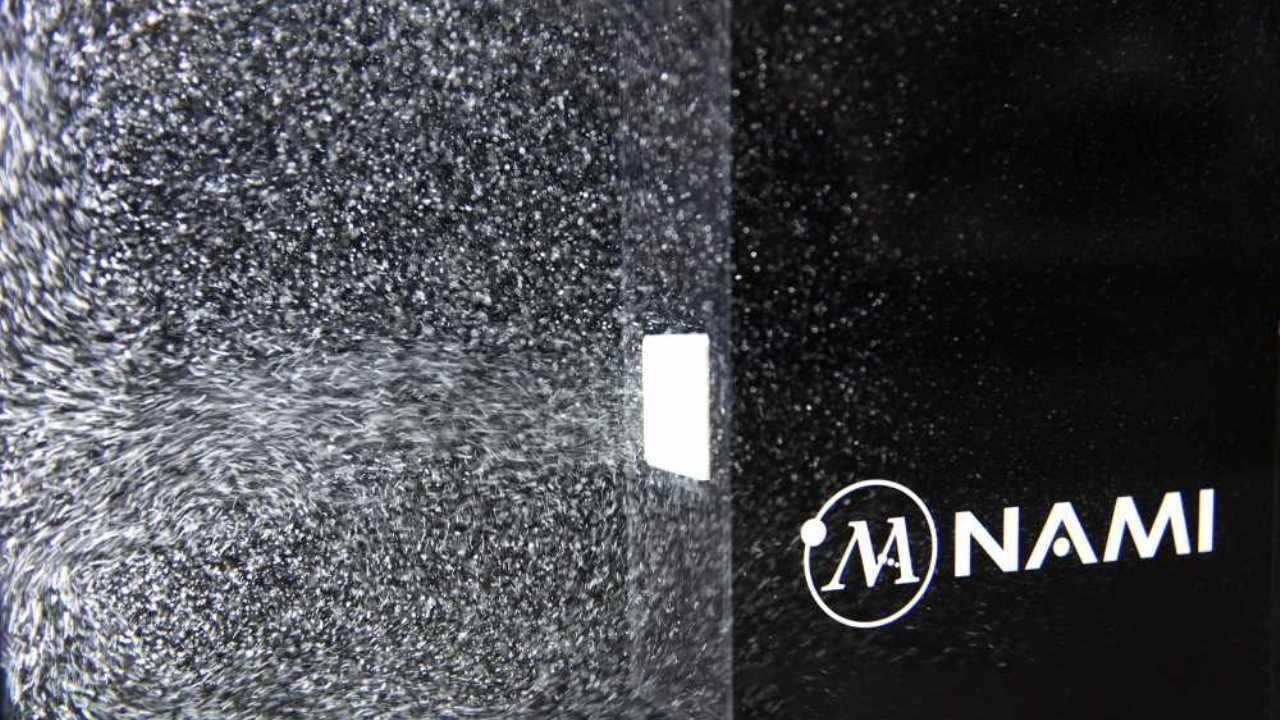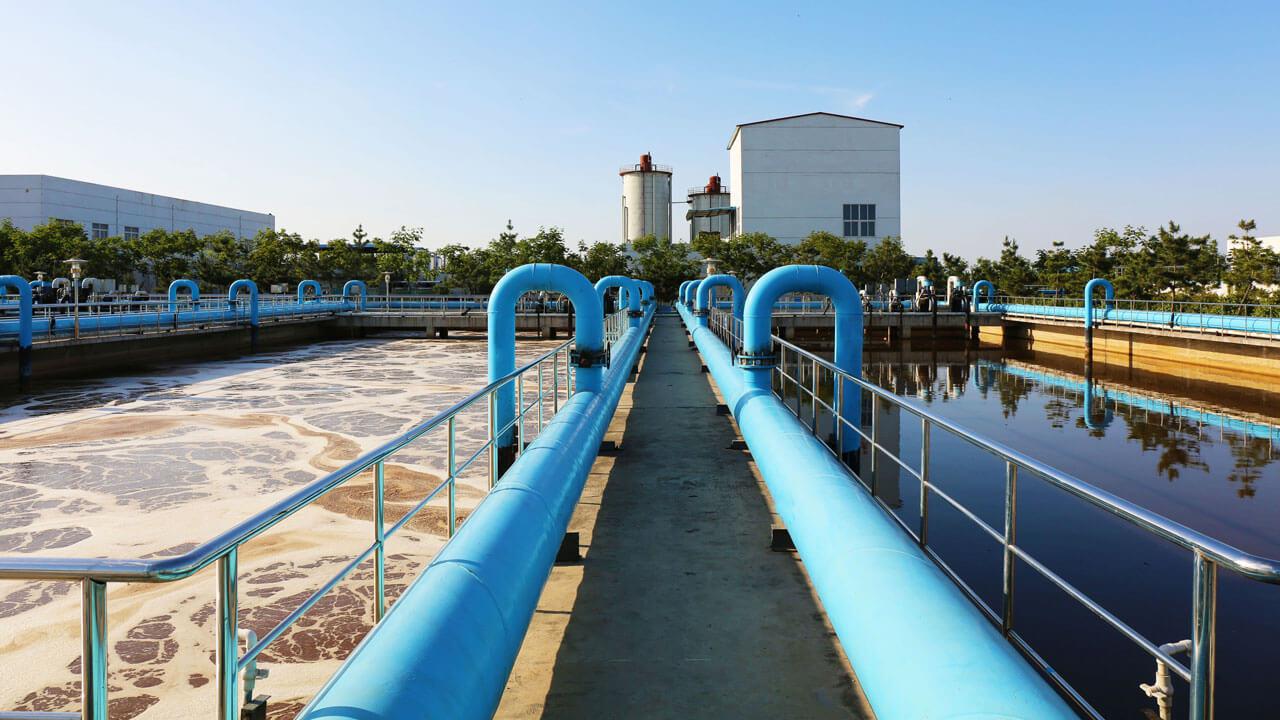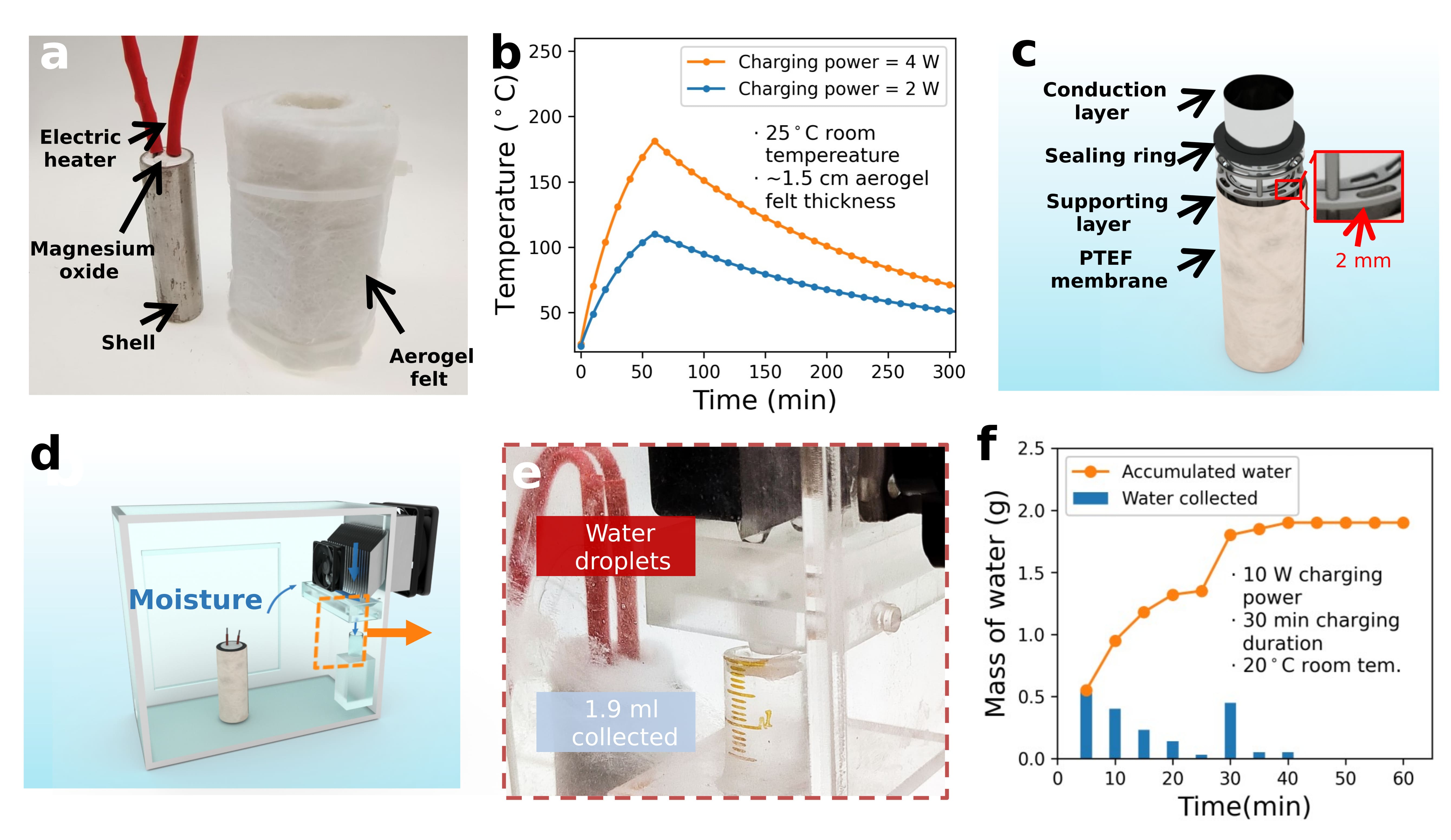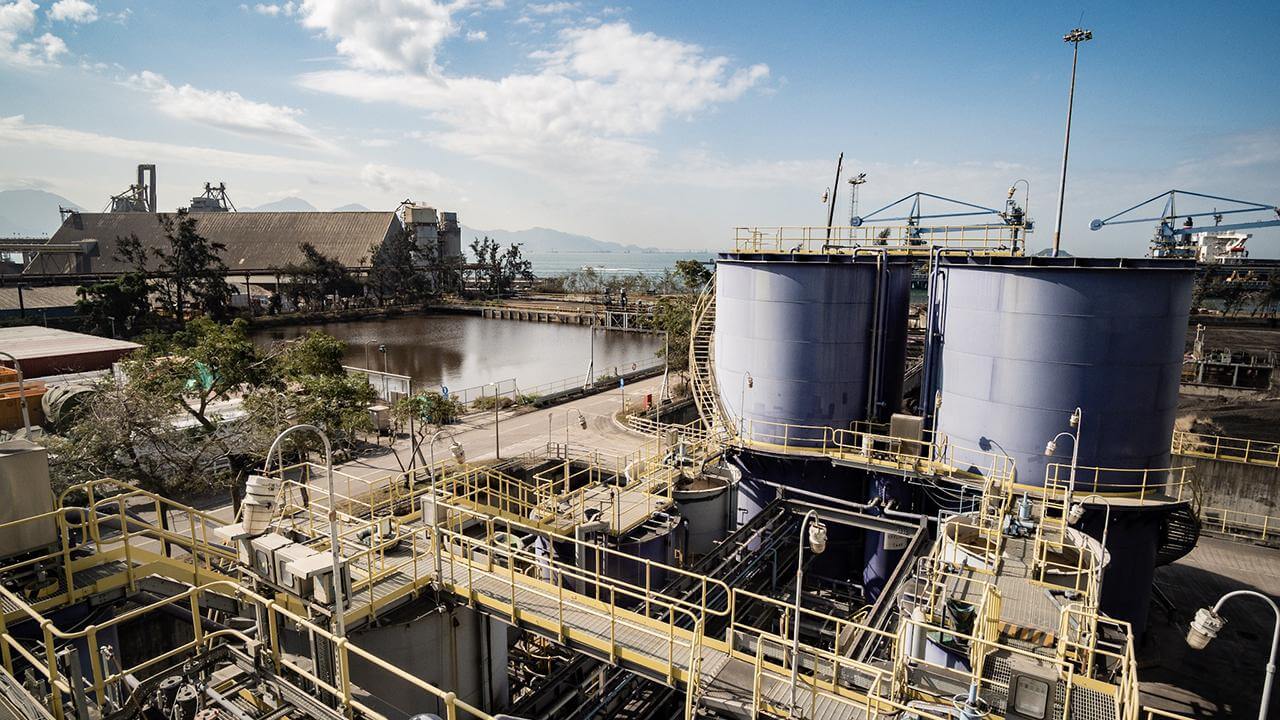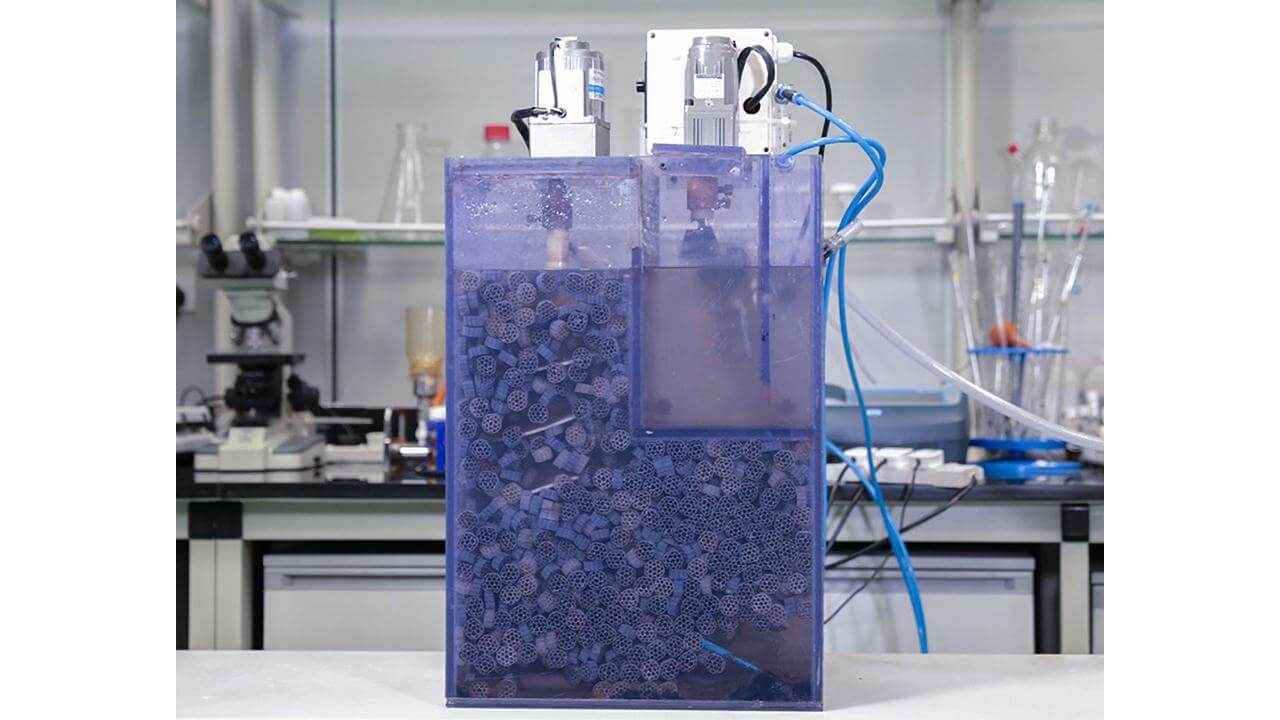
Nano and Micro Cellulose Technology
NAMI has developed nano and micro cellulose from seaweed.
NAMI’s nano and micro cellulose can be used in biodegradable dining wares, food packaging materials, cosmetic formulation ingredients, as well as adsorbents in water and wastewater treatment, in order to reduce pollution.
- The oxygen and water barrier properties, water-solubility, tensile strength and thermal resistance of NAMI’s cellulose-based materials are tunable for the production of packaging materials to fulfill different needs in the industry.
- Microbeads made by NAMI's cellulose materials can be used to replace plastic beads in cosmetics, and to be used in water and wastewater treatment by modifying their surface chemical property.
- Use natural and abundant source of materials
- Replace non-biodegradable plastic materials
- Comparatively low cost
- Biodegradable dining wares
- Single-use straw
- Cosmetic and personal care products
- Water and wastewater treatment
As a Materials Expert, Nano and Advanced Materials Institute (NAMI) has a strong portfolio of innovative technologies to support and collaborate with the industry, offering frontier-applied research on advanced materials as well as technology transfer for commercialization success.
NAMI, incorporated in 2006, is designated by the Innovation and Technology Commission of the Hong Kong Government as a Research and Development Center for nanotechnology and advanced materials. NAMI undertakes and provides support for market-driven research in nanotechnology and advanced materials, and strives for commercialization of the technologies to benefit the industry and the society at large, as well as re-industrialization to promote the economic growth and sustainability of Hong Kong.
